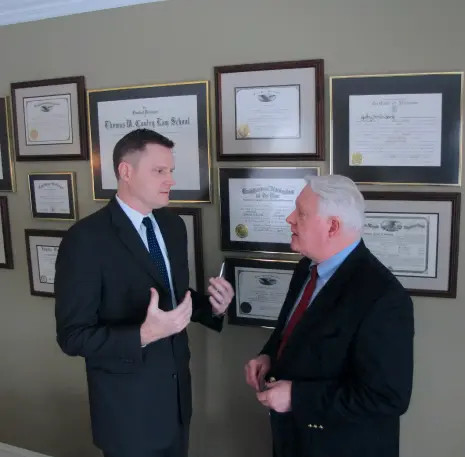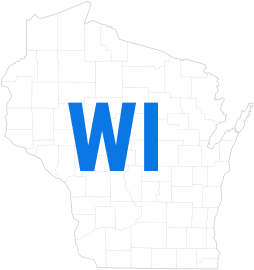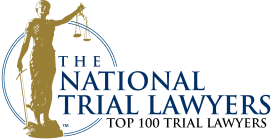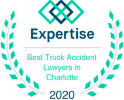
Trucking accidents are some of the most devastating, catastrophic kinds of roadway crashes. They can result in life-altering injuries, from broken bones and whiplash to paralysis, traumatic brain injury, and even death. But what makes a commercial truck accident case more difficult than a regular passenger vehicle claim is proving who’s responsible. With an experienced Wisconsin attorney by your side, you can demand compensation from those who are liable for a serious injury you’ve suffered in a truck accident.
Andrew Schwaba and Schwaba Law Firm have the skill, experience, resources, and tenacity that truck collision lawsuits demand. Andrew is known throughout Green Bay, Appleton, Marinette, and the general Northeast Wisconsin region for standing up to insurance companies, trucking firms, truck manufacturers, and other third parties in extensive accident cases. He will fight to recover what you’ve lost in a truck collision and make your life whole again.
Contact Andrew today for a free consultation to get started on your case. He’ll help you file a truck accident claim, gather the necessary evidence to support your case, document your losses, and vigorously pursue the compensation you’re owed.
What Is Considered a Truck in Wisconsin?
The definition of a “truck,” per the Federal Motor Carrier Safety Administration (FMCSA) is in 49 CFR §390.5. Under this statute, a truck is “any self-propelled commercial motor vehicle except a truck tractor, designed and/or used for the transportation of property.” A truck tractor, per the FMCSA, is “a self-propelled commercial motor vehicle designed and/or used primarily for drawing other vehicles.”
Among the vehicles that meet the FMCSA’s “truck” or “truck tractor” definition include the following:
- Semi-trailer
- 18 wheeler
- Tractor-trailer
- Semi truck
- Big rig
- Box truck
- Flatbed truck
- Dump truck
- Tanker truck
- Snowplow
- Crane truck or mobile crane
- Logging truck
- Furniture truck
- Livestock truck
- Cement mixer truck
- Garbage truck
- Tow truck
- Auto transporter
Who Regulates the Trucking Industry?
The FMCSA sets national regulations for the interstate trucking industry, including:
- Hours of Service (HOS) Regulations, which include how many hours a driver is allowed to be on duty and how many hours they must rest
- Driver Qualifications, such as age (they must be at least 21), ability to competently read and speak English, holding a valid Commercial Driver’s License (CDL), and passing a physical exam every two years
- Vehicle Maintenance and Inspection, to ensure trucks are safe to operate, as well as requiring drivers to report any issues or defects that would compromise vehicle safety or operability
- Cargo Securement Rules, which can vary depending on the type and size of a truck’s cargo
- Drug and Alcohol Regulations, to prevent impaired drivers from being out on the road, which includes pre-employment, post-accident, and random testing
While these rules apply only to truck drivers operating across state lines, Wisconsin holds similar regulations for truck drivers working strictly within the state.
How Many Fatal Large Commercial Truck Accidents Occur Annually Across the U.S.?
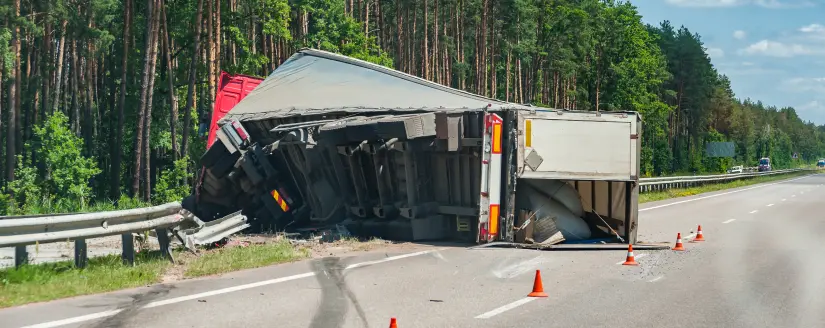
5,788 people died in large truck crashes in the U.S.
In a recent year, a reported 5,788 people died in large truck crashes in the U.S., according to the latest statistics from the National Highway Traffic Safety Administration (NHTSA). Among these fatalities, 72 percent were either occupants of another vehicle involved in the crash or non-occupants such as bicyclists or pedestrians.
